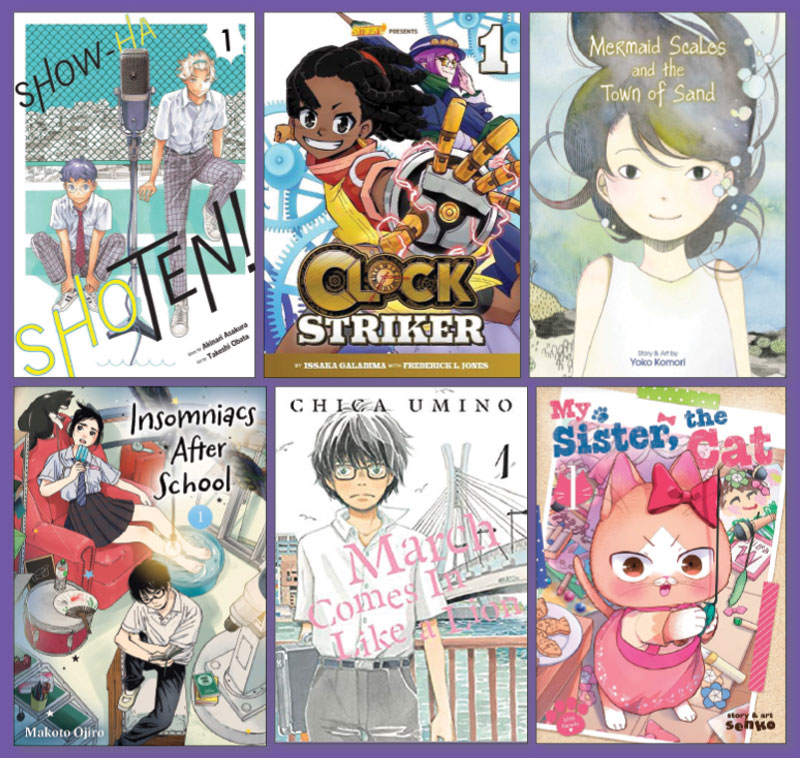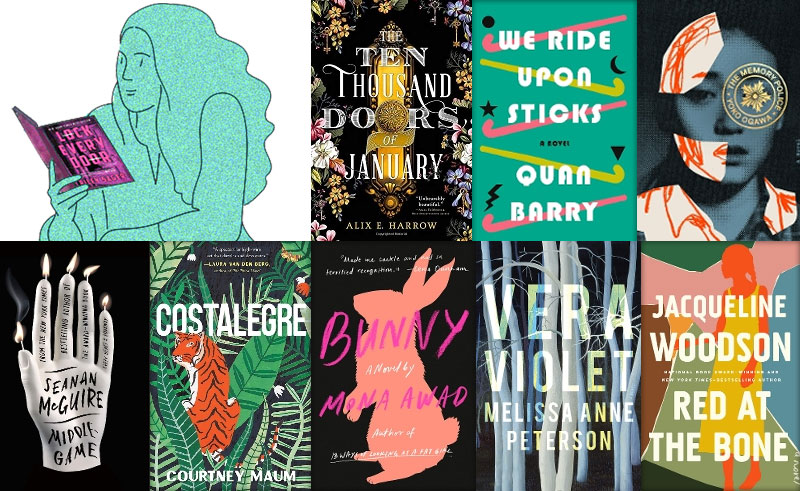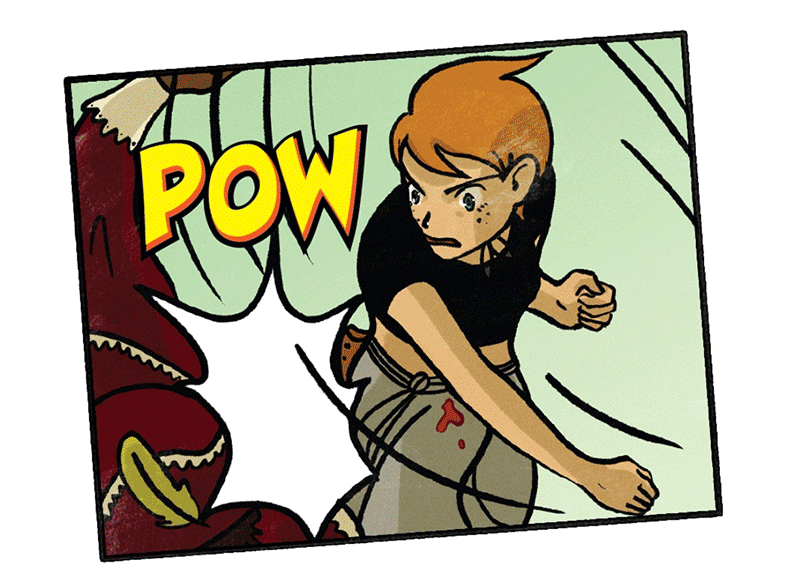Sunday Reflections: The Weight and Meaning of Words, thinking about the casual ways in which we use words associated with mental health issues
At some point in the last few years I really began paying attention to the words we use and what they mean. There are campaigns to remind people not to use “That’s so gay” as an insult. Or the “R” word. As we realize the origin of words and how they are used to put people down by comparing them to another people group, it has become increasingly clear to me that a great deal of the common phrases we use are in fact incredibly problematic.
And as we, as a society, work towards breaking down the stigma about mental health issues, I think it is also important that we begin to recognize and question the ways in which we use language associated with mental health issues incorrectly. I was reminded of this once again as a fellow librarian pointed out the picture above regarding Scott Westerfeld’s dedication in a new edition of the Uglies series.
ADVERTISEMENT
ADVERTISEMENT
Here’s the thing. Schizophrenia is a very real and very difficult mental health issue that many people struggle with:
People with the disorder may hear voices other people don’t hear. They may believe other people are reading their minds, controlling their thoughts, or plotting to harm them. This can terrify people with the illness and make them withdrawn or extremely agitated. (NIMH: http://www.nimh.nih.gov/health/topics/schizophrenia/index.shtml)
Approximately 1.1% of the populations is diagnosed as Schizophrenic and it is debilitating and requires treatment.
In comparison, trying on different roles and personalities is a very normal part of adolescent development; it is part of the journey of self discovery, definition and acceptance that all teenagers engage in. In my teenage years I went through a preppy, glam rock, and grunge phase. None of this was abnormal and it’s not “schizophrenic”.
This is an example of how we casually use terms associated with mental health issues incorrectly. And we all do it. Crazy. Psycho. Hysterical. Manic. Schizophrenic. These are just a few of the words that we use incorrectly and often to disparage or discount others, thus making it harder for those who are truly struggling with very real mental health issues to find the help that they need. They suffer in silence because they know that the stigma surrounding mental health issues is very real, we remind them every day when we use language incorrectly.
This is not a post disparaging Scott Westerfeld. Keep in mind that a variety of editors, publishers, etc. signed off on this. I myself have used this term in the same ways that it is used here, suggesting that someone who is displaying inconsistent personality traits is schizophrenic. Chances are that you have as well. Words have real meanings, and there is power in that. We should all be careful in the words that we choose and the ways that they impact those around us, directly and indirectly.
Our teens need to know that the fact that they don’t quite know who they are yet is perfectly normal; it’s not schizophrenic, it is in fact completely normal adolescent behavior. It’s not some type of anomalous behavior that should be labeled with a term that applies to a real mental health issue. And those teens that are struggling with mental health issues need to know that they are valued, respected and supported.
Filed under: Uncategorized
About Karen Jensen, MLS
Karen Jensen has been a Teen Services Librarian for almost 30 years. She created TLT in 2011 and is the co-editor of The Whole Library Handbook: Teen Services with Heather Booth (ALA Editions, 2014).
ADVERTISEMENT
ADVERTISEMENT
SLJ Blog Network
One Star Review, Guess Who? (#202)
Review of the Day: My Antarctica by G. Neri, ill. Corban Wilkin
Exclusive: Giant Magical Otters Invade New Hex Vet Graphic Novel | News
Parsing Religion in Public Schools
ADVERTISEMENT







